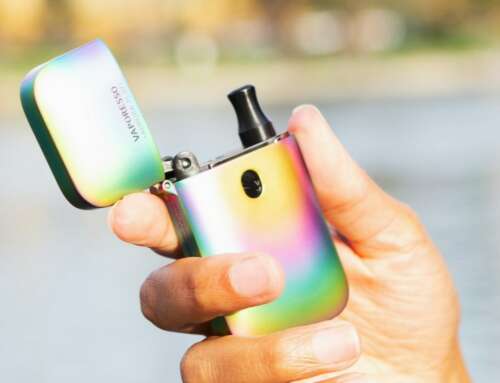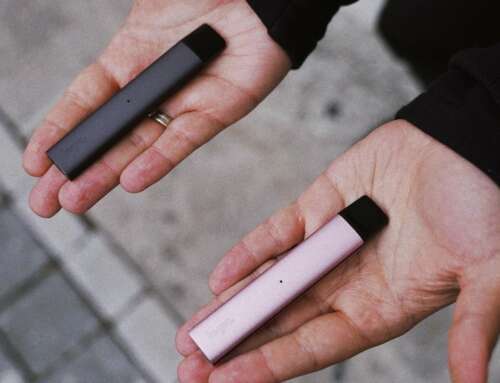The U.S. Food and Drug Administration next week will issue a ban on the sale of fruit and candy flavored electronic cigarettes in convenience stores and gas stations, an agency official said, in a move to counter a surge in teenage use of e-cigarettes.
The ban means only tobacco, mint and menthol flavors can be sold at these outlets, the agency official said, potentially dealing a major blow to Juul Labs Inc, the San Francisco-based market leader in vape devices.
The FDA also will introduce stricter age-verification requirements for online sales of e-cigarettes. The FDA’s planned restrictions, first reported by The Washington Post and confirmed to Reuters by the official, do not apply to vape shops or other specialty retail stores.
There has been mounting pressure for action after preliminary federal data showed teenage use had surged by more than 75 percent since last year, and the FDA has described it as an “epidemic”.
“E-cigs have become an almost ubiquitous ‒ and dangerous ‒ trend among teens,” FDA Commissioner Scott Gottlieb said in September. “The disturbing and accelerating trajectory of use we’re seeing in youth, and the resulting path to addiction, must end. It’s simply not tolerable.”
That growth has coincided with the rise of Juul, whose sales of vaping devices grew from 2.2 million in 2016 to 16.2 million devices last year, according to the U.S. Centers for Disease Control and Prevention.
The agency threatened in September to ban Juul and four other leading e-cigarette products unless their makers took steps to prevent use by minors. The FDA gave Juul and four big tobacco companies 60 days to submit plans to curb underage use, a compliance period that is now ending.
The planned restrictions on flavors in convenience stores are likely to have the biggest impact on Juul, which sells nicotine liquid pods in flavors such as mango, mint, fruit and creme, previously called creme brulee.
The only other e-cigarette competitors sold at convenience stores are those marketed primarily by tobacco companies such as Altria Group Inc, British American Tobacco Plc, Imperial Brands Plc and Japan Tobacco Inc.
Those products, sold under the MarkTen, blu, Vuse and Logic brands, have lost market share as Juul has risen to prominence over the last year, growing from 13.6 percent of the U.S. e-cigarette market in early 2017 to nearly 75 percent now, according to a Wells Fargo analysis of Nielsen retail data.
-Chris Kirkham
Read More: U.S. to Restrict E-cigarette Flavors to Fight Teenage Vaping ‘Epidemic’
Image Source: Pixabay







Leave A Comment